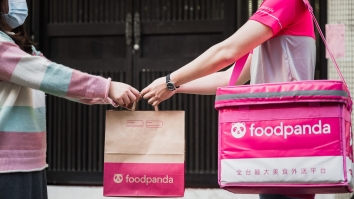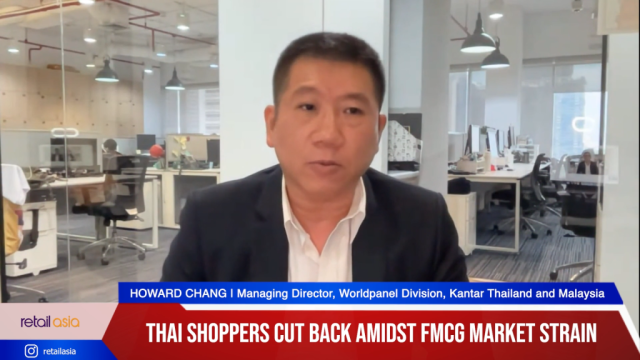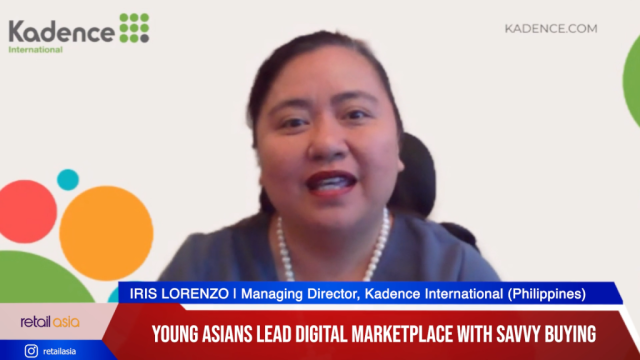Consumer spending driven by value, not just sustainability
Despite the growing emphasis on sustainable products, consumers prioritize individual value perceptions when making purchasing decisions.
The driving force behind consumers' willingness to pay more for certain products is not solely based on sustainability, but rather on the perceived value of these products, according to Huiqi Ong, Senior Consumer Lifestyle Analyst at Mintel.
In an interview, Huiqi said that consumers are more particular on where to spend their money today, highlighting how a consumer's current health needs can dictate their buying choices.
“Value is something that's very subjective to an individual person,” she said, “So when we talk about paying more for any type of good, not just a sustainable one, it's really about how much consumers think it's worth to them if it's something of value to them.”
This individual-centric value perception ties back to Mintel's 'intentional spending' trend. Ong elaborated, "People now have reduced discretionary funds. So they're more particular about what they want to spend on." In essence, while sustainability remains an important factor, it's the combination of personal value and sustainability that truly drives purchase decisions.
Though sustainability might not be the sole determinant, its importance in the consumer psyche is undeniable. Ong acknowledged the growing concern for the climate crisis and its evident impact around the world. For many, sustainability has evolved from a supplementary benefit to an essential criterion in purchasing.
“Consumers as a whole are thinking more about sustainability, they want to do their part. And this has really been driven by the climate crisis,” she explained, “I think consumers are really feeling that urgency. So they're seeing sustainability as a necessity, rather than a nice to have.”
Discussing the corporate angle, Ong hinted at some emerging trends she plans to cover in the upcoming Retail Asia Conference. Key among them is the increasing accessibility of sustainable products in terms of both affordability and availability. She also noted a rising trend of retail platforms partnering with local brands and manufacturers. Additionally, brands today are keener on establishing and communicating clear, trackable sustainability goals to resonate with eco-conscious consumers.
On the question of the future price parity between sustainable and conventional products, Ong sounded hopeful, citing the example of a German supermarket that priced its sustainable private label products on par with its conventional ones. She indicated that such trends might soon become widespread. However, she also cautioned that prices are influenced by a myriad of factors, from shipping costs to global climate challenges.
“Product costs really depend on a huge variety of factors. So this could be shipping costs, the climate crisis, availability, and definitely ways to mitigate that costs along that production line. I think something important to remember is that ultimately, if we don't adopt sustainability, prices of all goods will keep increasing,” she stressed.
Ong said that brands, therefore, carry the responsibility to drive sustainable initiatives and ensure consumers are well-informed about their choices.




















 Advertise
Advertise







